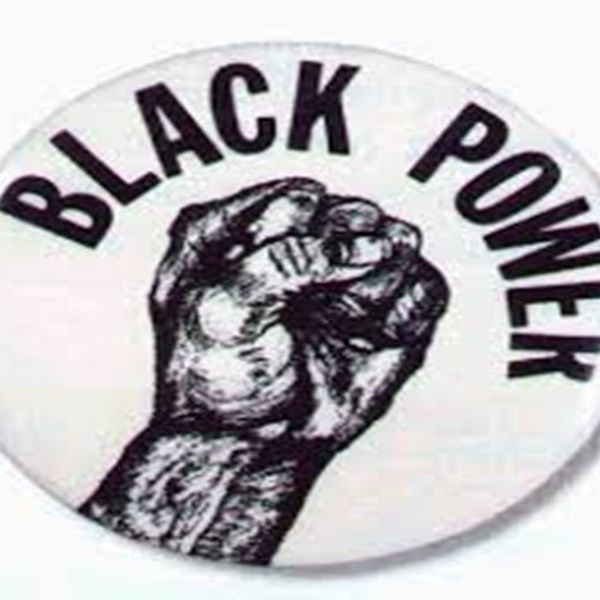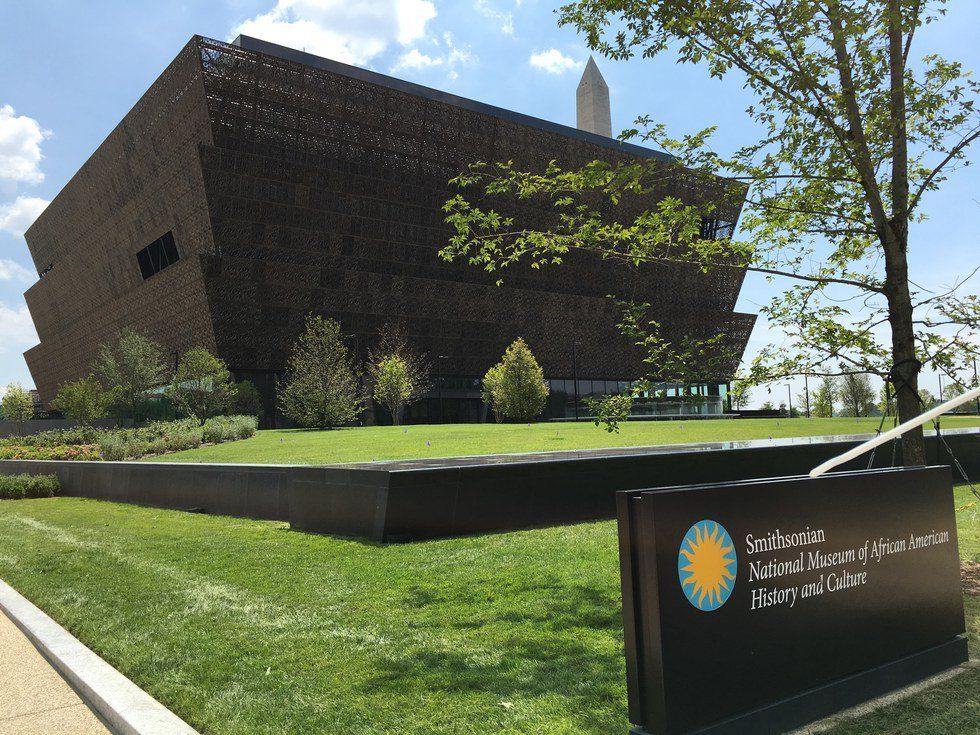I realize how late I am, but I have recently visited the Smithsonian National Museum of African American History and Culture. Before I continue any further, I want to state that I am not someone who normally goes to museums and enjoys them. But this museum... this museum was absolutely mesmerizing and life changing, and I would go back a million times. There was just so much information and I have gained so much knowledge and a better understanding of black history. Such an understanding that I would have never learned in any history class. What I saw at the NMAAHC was indescribable and I think every person, no matter their race, should go and visit. And about an hour into my visit, I got so inspired that I wanted to write an article including powerful quotes and facts taken from the museum. But let me just tell you, it is impossible to get through the whole museum in one day, so this list is very incomplete. Keep reading to see the quotes I chose from history’s imprint.
1. ‘Rather than endure the horrors of enslavement, many jumped into the shark infested waters. An elderly slave man stated 'the iron entered our souls,' as he described the rattling shackles that ripped off the skin of captive Africans.’
2. ‘We had about 12 negroes did wilfully drown themselves, and others starv’d themselves to death; for ‘tis their belief that when they die they return home to their own country and friends.’ — Captain Thomas Phillips 1694
3. ‘Very severe laws were passed, forbidding [free] coloured people to remain in the state. . . . My money was lost, my bright expectations were lost — my family was lost, and I was lost.’ — Lunsford Lane 1842
4. ‘We do not wish to make you angry, but... consider how hateful slavery is in the sight of God.’ — Absalom Jones and Richard Allen 1794
5. ‘If one minute’s freedom had been offered to me, and I had been told I must die at the end of that minute, I would have taken it.’ — Elizabeth Freeman 1800
6. ‘...The national economy relied upon slavery; the U.S. Constitution defended slavery; and the country expanded west to extend slavery. Despite daily denials of their humanity, enslaved African Americans sustained a vision of freedom by making prayer, family, dance, food, dress, and even work their own. They built their own identities.’
7. ‘America is more our country... we have enriched it with our blood and tears.’ -David Walker 1829
8. ‘Lashings could be so severe that they resulted in permanent loss of mobility and sometimes brain damage.’
9. ‘For an enslaved woman, motherhood was precarious before their children were even born. African American mothers understood that their enslaved children faced a harsh life. Mothers worked through pregnancy, and many babies did not survive their first year...’





















